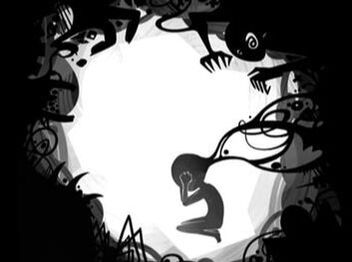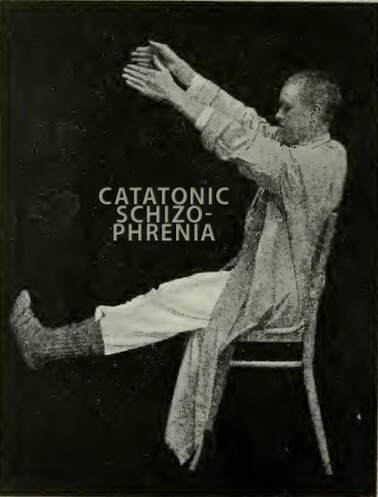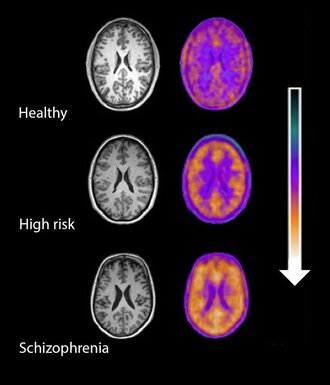|
mental health, book reviews, medical, writer, writing tips, author, author interviews
Last week I covered what schizophrenia looks using real-world experiences. This week, I’m going to dive into the disease on a more technical level. As per usual, none of this information is to be used to diagnose or treat anyone, but as a tool for writers to create characters who are close to life as possible and not mere caricatures of mental illness. Life with schizophrenia is hard for the person experiencing the symptoms as well as the family providing care. But consider this, there was only one treatment plan for schizophrenia 100 years ago: institutionalization. Although institutionalization is still part of treatment, it is often not the only part. Thanks to new treatments and medications, many people with schizophrenia live at home or in group homes in the community. Some even have jobs. I’ll be the first to say that mental health has a LONG way to go, but I believe it is important to keep in mind where we came from.  A person with schizophrenia may manifest the following (Videbeck p. 252):
The above list are considered “Positive Symptoms” as in they are added to the person. Most positive symptoms are treatable, but there are “Negative Symptoms” or symptoms that seem to be lacking in a person that generally linger after the positive symptoms abate. These are them:
 Keep in mind that the person experiencing these bizarre behaviors or thinking patterns may be fully aware of them. I once entered a patient’s room to find her smashing invisible bugs on her bedside table. She told me she knew the bugs weren’t real, but smashing them made her feel better. The extent of the awareness of symptoms is difficult to know since there is a huge communication barrier in many schizophrenic patients. The number of delusions, hallucinations, and their strength are all difficult barriers to break through. Not every person with schizophrenia will have all of the above symptoms. In fact, schizophrenia is less of a single illness and more of a syndrome. Here are the five major types according to the DSM-IV-TR:
 While there can be a sudden onset of schizophrenia, most people generally develop signs and symptoms slowly over time. It starts with social withdrawal, unusual behavior, loss of interest in school or work, and neglected hygiene. Generally, the diagnosis is made when delusions, hallucinations, and disordered thinking begin to appear. The age at which schizophrenia appears often determines the overall impact of the illness. The younger the onset, the worse they tend to do. Also, a slower onset predicts a worse outcome than a sudden onset. Two years after initial onset, two patterns typically emerge. Either the person continues to experience psychosis and never fully recover (although symptoms may shift in severity over time), or they alternate between episodes of psychosis and near complete recovery. The intensity of the psychosis also seems to diminish with age. Some may be able to function, live independently, and succeed at jobs with stable expectations and supportive work environments. Most, however, have severe difficulty functioning in their communities. It is important to keep in mind that a person showing initial signs and symptoms of schizophrenia might lose all symptoms within a period of six months. This is called Schizophreniform disorder. Others might experience a brief psychotic disorder where delusions, hallucinations, or disorganized speech may last from 1 day to 1 month. It may or may not have an identifiable stressor or follow childbirth. There is SOOOOOO much to tell when it comes to schizophrenia and this post has already become way to long. Next week, I’ll be creating a post that brings together all of this information in a usable form. As I was researching this, I came across this article I found very informative but did not use as a source: http://www.drjack.co.uk/the-future-of-schizophrenia-by-dr-jack-lewis/ Psychiatric-Mental Health Nursing, by Sheila L. Videbeck, fifth ed., Wolters Kluwer/Lippincott Williams & Wilkins, 2011.
0 Comments
Leave a Reply. |
Details
AuthorRW Hague is a registered nurse with over eight years of experience within the medical field. Using her medical expertise, she writes stories that are gritty and compelling. Archives
November 2023
|

 RSS Feed
RSS Feed